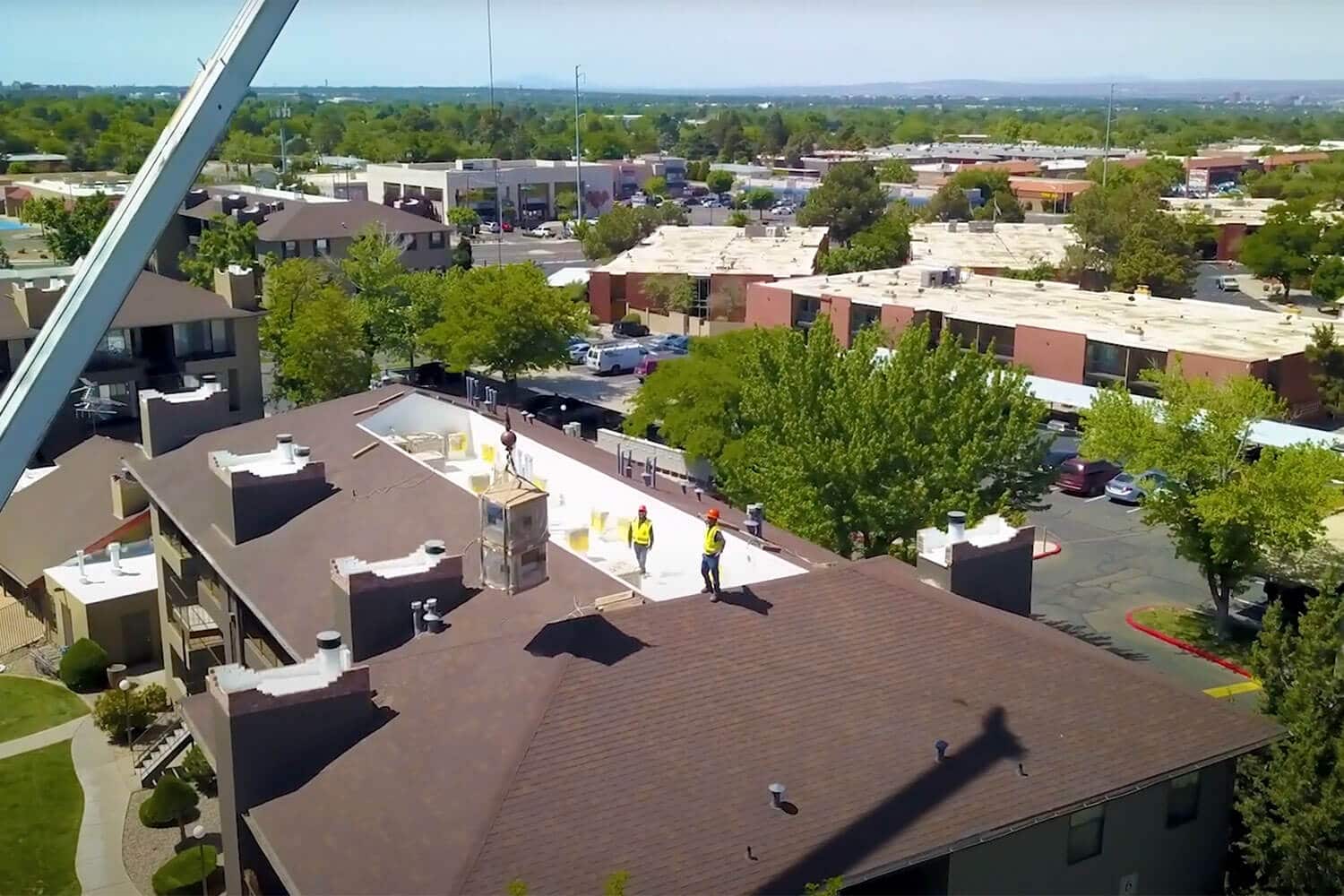A lot of people take their HVAC systems for granted. It’s an incredible innovation that provides heat, ventilation, and air conditioning when we need it the most. Additionally, most businesses and homes will have their systems in their properties. Though the two share similar aspects in infrastructure, commercial and residential HVAC have several differences. B&D Industries provides licensed HVAC services for both property types and has seen firsthand what makes the two unique. Read the article below to learn more about these incredible machines
Size Matters in Commercial and Residential HVAC
One of the most apparent differences between the two properties’ HVAC equipment is their size. Commercial HVAC systems are generally larger than what you’d find in residential properties because they need to cover more space. Not to mention the size will dictate how loud HVAC units are going to be. Because commercial equipment is larger, the sound will be much louder than those found in residential HVAC units. Another aspect to take into account is how much both types of equipment weigh. Commercial systems can outweigh their residential counterparts by double or more, depending on the size of the facility.
HVAC Placement Is Important for Circulation
Another aspect you should take note of is the placement of commercial and residential HVAC equipment. Commercial HVAC is normally found on the property’s rooftops. For this reason, electrical and plumbing must be brought into consideration to determine capacity and coverage areas. Residential HVAC equipment can be found in two places, inside and outside of the building. Air conditioning units reside outside of the residence, while heaters and furnaces are found inside the property.
Draining Commercial and Residential HVAC Units
Depending on your area’s climate, HVAC equipment will require routine drainage to get rid of excess moisture from its components. Commercial HVAC systems, in particular, will require significantly more drain capacity due to their rooftop placement. Comparatively, residential HVAC units typically deal with less water and release the moisture via a floor or washing machine evacuation line.
Commercial HVAC Units Require Greater Attention
While residential HVAC unit upkeep should not be ignored, commercial equipment requires a higher level of maintenance. Not only because of its unique components, but because of the conditions the unit experiences for its rooftop placement. Fortunately, the cleaning and maintenance of commercial units can be accomplished more easily due to components being located within the same space. When it comes to residential units, most manufacturers recommend annual checkups to ensure their systems are in tip-top condition.
There’s an Expensive Difference in the Cost of Commercial and Residential HVAC
Another apparent difference between the two HVAC systems is the cost to purchase and install them into a property. Without a doubt, commercial HVAC equipment is more expensive to purchase than their residential counterparts. Commercial units are built for continuous use while undertaking a variety of severe conditions. Comparatively, residential equipment is developed to withstand harsh conditions. That being said, they’re not engineered to be used quite as often as commercial HVAC systems.
The cost of operating the equipment is also very different. Electricity and gas consumption in commercial HVAC greatly surpass the energy demands of residential equipment. As a result, commercial properties will see significantly higher energy bills compared to homeowners.
B&D Industries Are Experts in Commercial and Residential HVAC Units
B&D Industries, Inc. has been serving clients for over 65 years with our range of specialized services. We’ve assisted commercial, industrial, and residential properties in matters relating to their electrical, plumbing, and HVAC needs. Additionally, we offer emergency maintenance and repair services when the unexpected occurs. We’re more than just a company, we provide relief and assurance so you will be in good hands. Contact us today to learn how we can help you!


